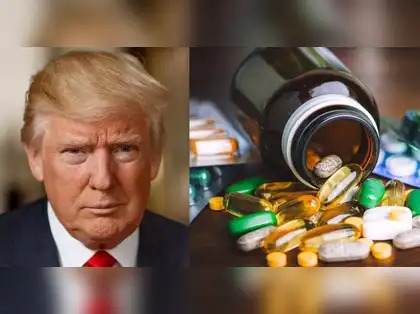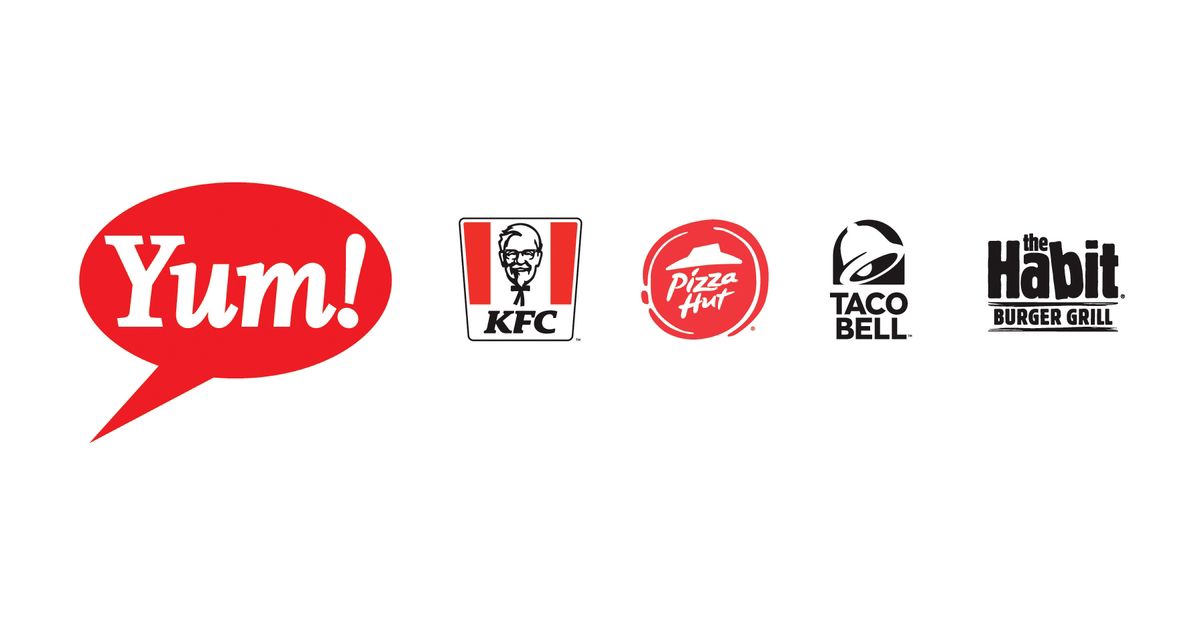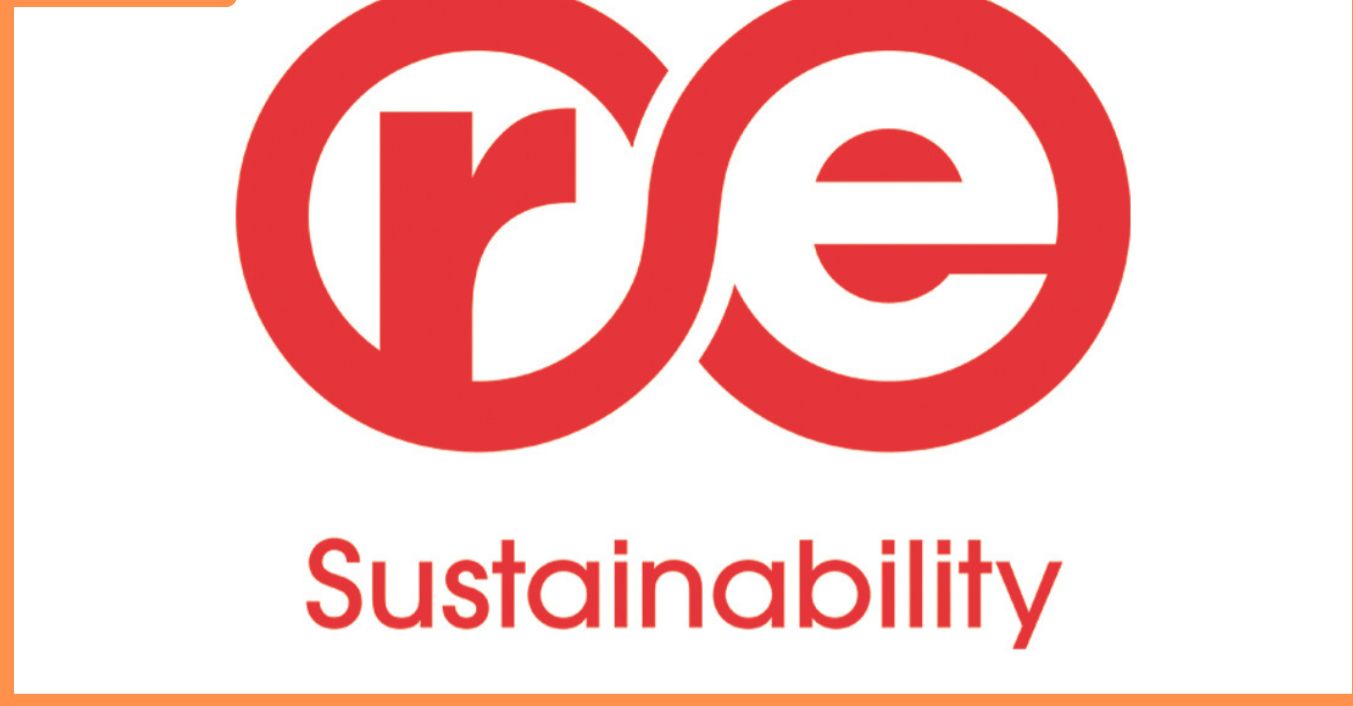 Image Source: The Economic Times
Image Source: The Economic Times
In a landmark move aimed at tackling one of America’s most persistent healthcare challenges, former President Donald Trump announced on Sunday, May 11, that he will sign an executive order to slash prescription drug and pharmaceutical prices in the United States by as much as 80%. The announcement, made via his Truth Social platform and confirmed by multiple news outlets, sets the stage for what Trump called “one of the most consequential Executive Orders in our Country’s history”.
Key Highlights
Historic Price Cuts:
Trump pledged that drug prices in the US will fall “almost immediately” by between 30% and 80%, targeting the longstanding disparity that sees Americans paying up to five to ten times more for the same medicines than consumers in other countries.
Most Favored Nation (MFN) Policy:
The executive order will implement a “Most Favored Nation’s Policy,” tying the price Americans pay for prescription drugs to the lowest price paid by any other country for the same drug. Trump argued this would finally ensure fairness for US consumers and end years of what he called “embarrassing” overcharging by pharmaceutical companies.
Immediate Impact and Global Ripple:
Trump said the reductions would take effect “almost immediately,” and predicted that while US prices would drop, pharmaceutical prices would rise globally as companies seek to offset lost US revenues. “They will rise throughout the world in order to equalize and, for the first time in many years, bring FAIRNESS TO AMERICA!” he stated.
Scope and Mechanism:
The order is expected to cover a broad range of drugs, including those administered under Medicare Part B, such as cancer treatments and injectable medications. The MFN model will cap US payments for these drugs at the lowest price available in comparable high-income nations, adjusted for volume and purchasing power.
Industry Pushback and Policy History:
Trump’s MFN policy was first proposed in 2020 but blocked by courts after intense lobbying from the pharmaceutical industry, which argued that such measures would undermine innovation and global drug development. Drugmakers are expected to challenge the new order, warning it could reduce revenues and impact research for new therapies.
Global and Indian Impact:
The move has sparked concern among international pharmaceutical exporters, including India, as companies may seek to recover lost US revenue by raising prices elsewhere. Analysts warn this could pressure India’s pharma policy and affect global drug pricing dynamics.
Why Americans Pay More:
Studies show that US drug prices are, on average, nearly three times higher than in other developed countries, with brand-name drugs costing over four times as much. Pharmaceutical companies have long cited high research and development costs as justification, but critics argue Americans have unfairly borne the brunt of global innovation costs.
Trump’s Statement
“For many years, the world has wondered why prescription drugs and pharmaceuticals in the United States were so much higher in price than they were in any other nation, sometimes being five to ten times more expensive than the same drug, manufactured in the exact same laboratory or plant, by the same company. It was always difficult to explain and very embarrassing because, in fact, there was no correct or rightful answer,” Trump wrote on Truth Social.
He added, “Prescription Drug and Pharmaceutical prices will be REDUCED, almost immediately, by 30% to 80%. They will rise throughout the World in order to equalize and, for the first time in many years, bring FAIRNESS TO AMERICA! I will be instituting a MOST FAVORED NATION'S POLICY whereby the United States will pay the same price as the Nation that pays the lowest price anywhere in the World”.
What’s Next?
Trump is scheduled to sign the executive order on Monday morning. The exact details, including which drugs and insurance programs will be affected, remain to be clarified. Industry observers expect strong legal and political resistance, but the move is already sending ripples through the global pharmaceutical sector.
Source: Times of India, Reuters, Economic Times, Axios, Hindustan Times, CNN, Business Standard
Advertisement
Advertisement





